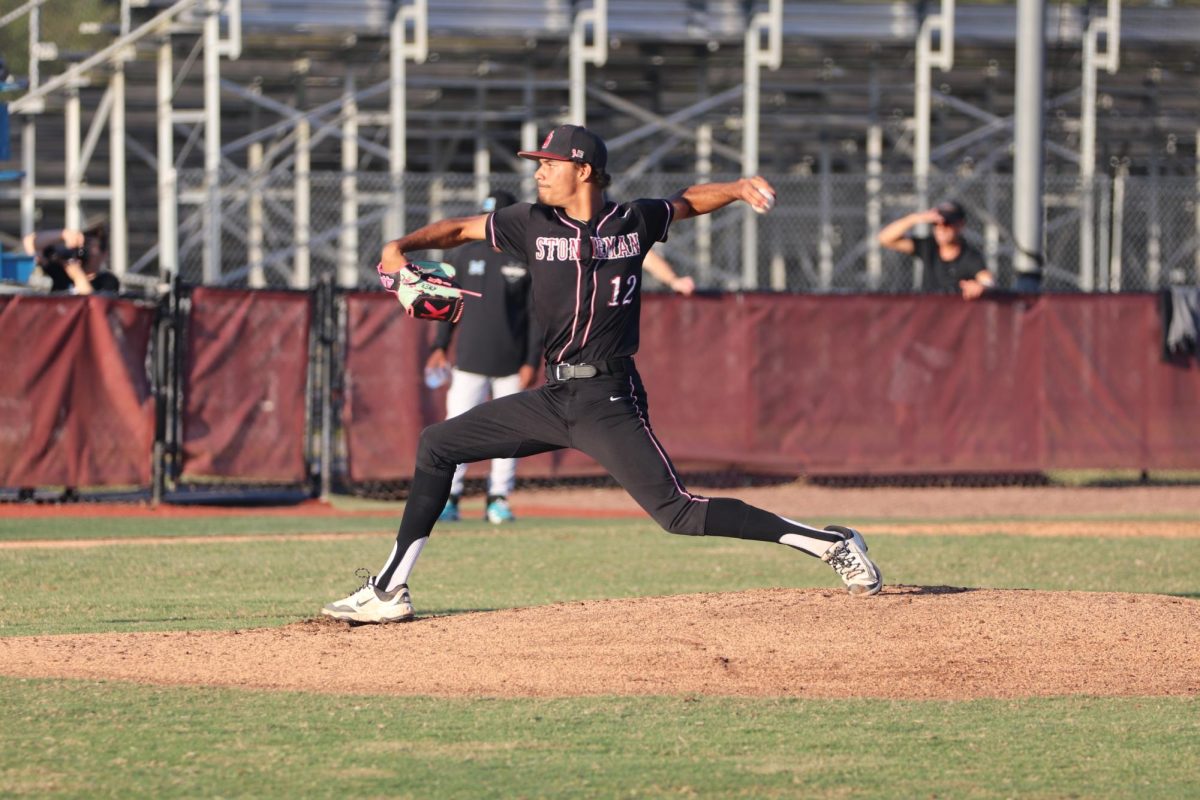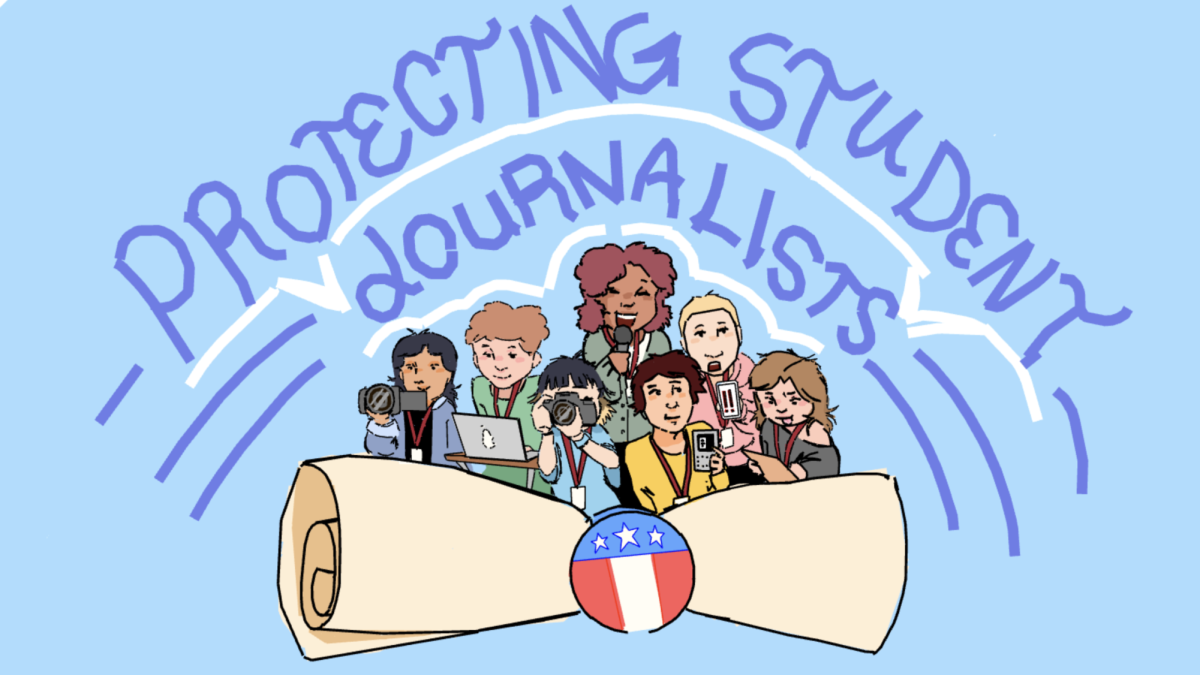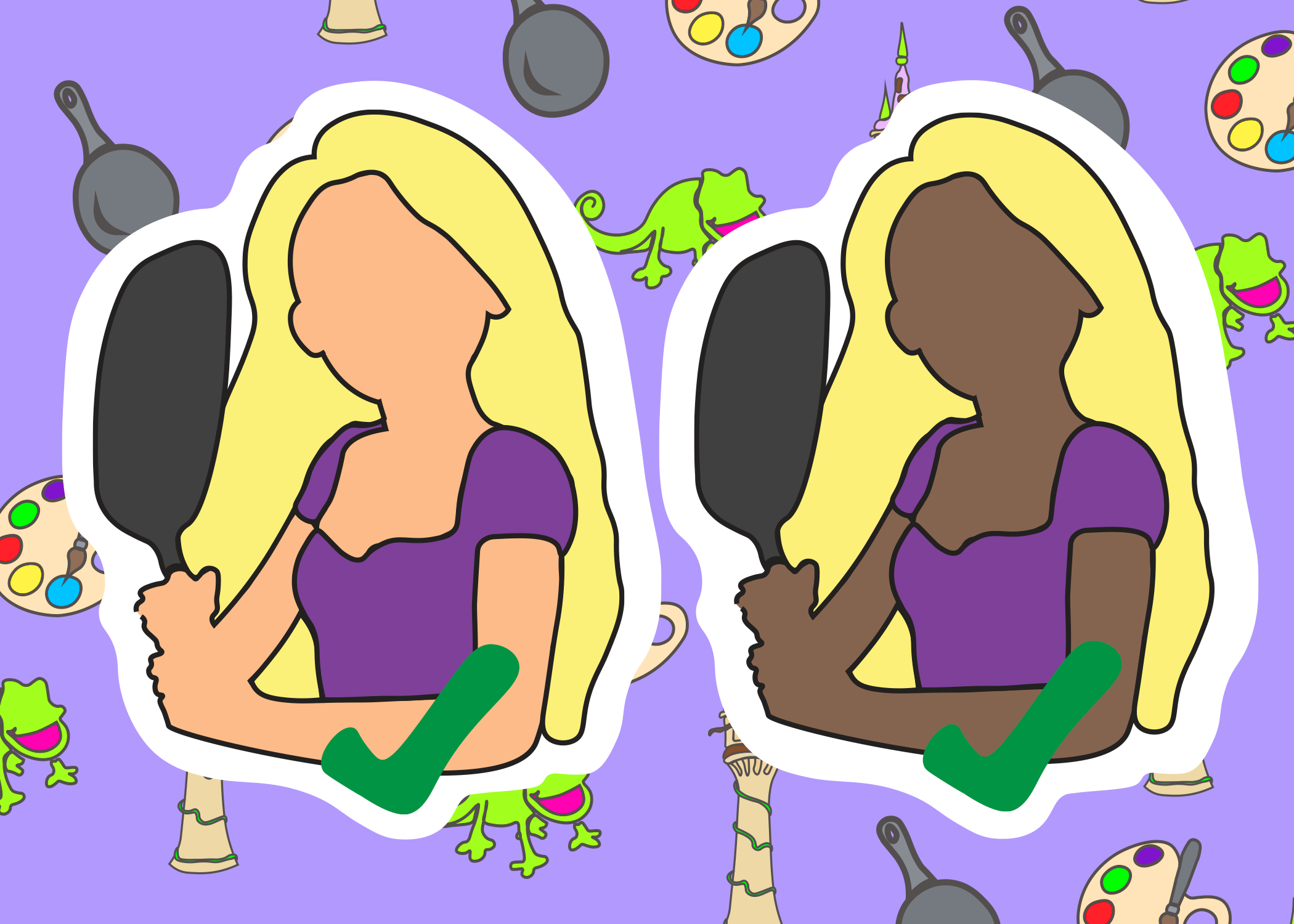[Opinion] Celebrities must use their power to address issues that impact society
October 25, 2020

In the age where social justice issues dominate global media, it is becoming increasingly difficult to evade matters of contention, especially for celebrities. From Black Lives Matter to the #MeToo movement, a wide variety of celebrities have utilized their public platform to propagate a meaningful message.
These prominent figures undoubtedly have a strong influence on the general public’s opinion, and their voices heavily impact younger generations. While some celebrities remain apprehensive about sharing their opinions in fear of backlash, many are beginning to realize that by expressing their beliefs and advocating for change, they could potentially change society for the better.
For example in 2016, San Francisco 49ers quarterback and civil rights activist Colin Kaepernick refused to stand for the national anthem in protest of the atrocities America has committed against the Black community, an event that served as the catalyst for the current conversation around celebrity influence. As a result of this silent protest, American citizens began to reevaluate the treatment of Black Americans in this country with many being inspired to follow in his footsteps.
In 2020, athletes and activists alike continue to carry Kaepernick’s message despite his original protest taking place four years ago. According to a 2019 poll conducted by Cambridge University, Kaepernick is responsible for inspiring nearly one-third of Black Americans to donate to a political cause, protest or boycott the NFL. In the same study, it was made apparent that Kaepernick influenced more than half of Black Americans to vote in a local or national election.
These statistics make it abundantly clear that celebrities have a power like no other. If one man can influence a large portion of a community, imagine if every celebrity voiced their opinions on social media platforms like Twitter or Instagram.
However, Kaepernick is not the only celebrity using their influence for good. Socialite and businesswoman Kim Kardashian West has been advocating for prison reform over the past two years.
During this time, Kardashian West, with the help of others, successfully lobbied President Donald Trump to pass the First Step Act, a bipartisan bill that attempts to reduce the probability of inmates repeating an offense through sentence reduction and other tactics. According to the Federal Bureau of Prisons and the U.S. Sentencing Commission, the First Step Act has reduced the sentence of roughly 1,700 people convicted of cocaine offenses.
Kardashian West’s persistence and success is a testament to the notion that celebrities are incredibly influential. Regardless of how the public views her, she was able to achieve one of her goals for prison reform and sway a major political figure into promoting change within our criminal justice system.
While many believe that celebrities have no business in politics, given our nation’s current social climate, it is a near impossibility for these figures to separate themselves from the political landscape surrounding them. Regardless of your status or political affiliation, these issues must be addressed and when celebrities acknowledge the world around them, it initiates conversation.
As anti-apartheid leader Desmond Tutu once said, “If you are neutral in situations of injustice, you have chosen the side of the oppressor.”
The power of a celebrity holds a unique weight in modern society, and celebrities ought to use this power to advocate for social causes that are affecting the world around them.
These individuals arguably have the same amount of, if not more, influence over the general public than politicians. Therefore, why should they remain silent on such important issues?
This country must change, and celebrities have the power to help it do so. By confronting the problems at hand and informing their audience, celebrities are able to not just spark thoughts in the minds of everyday Americans, but they are also able to spark the beginnings of a cultural movement towards justice.
This story was originally published in the October 2020 Eagle Eye print edition.










